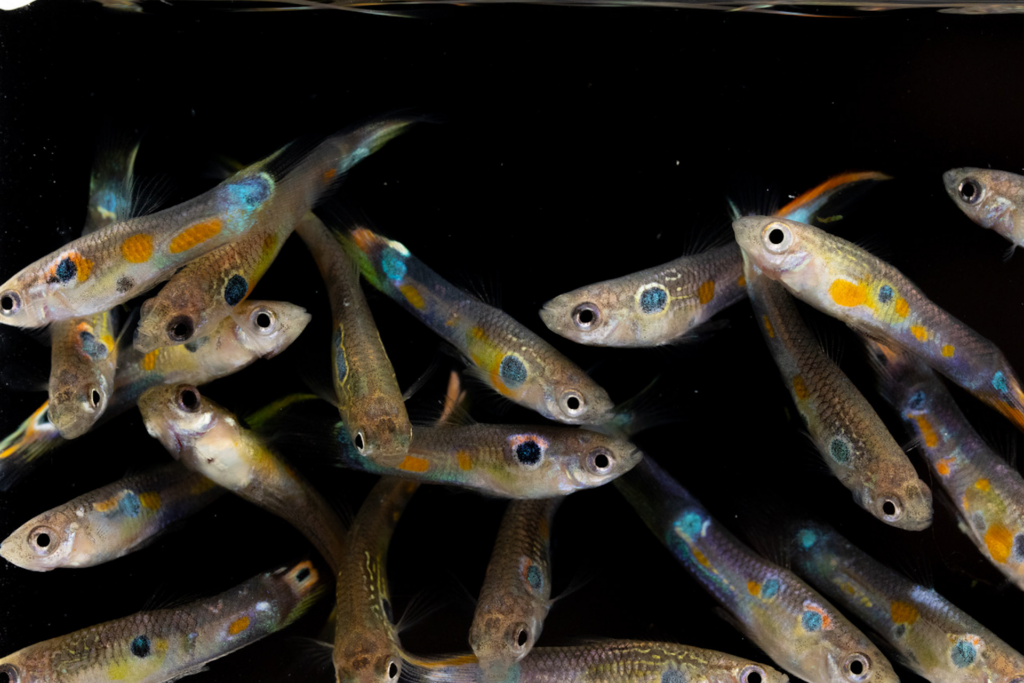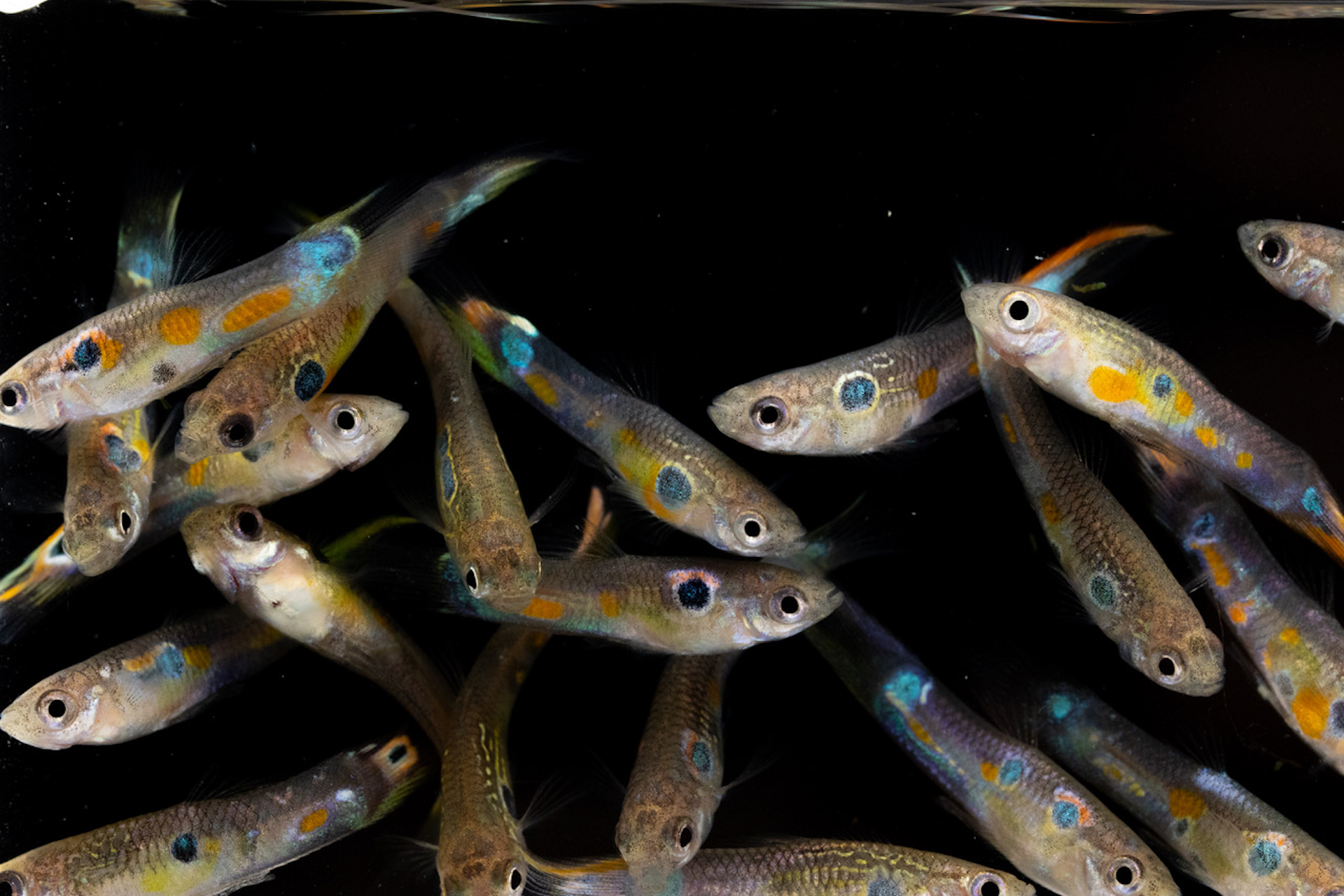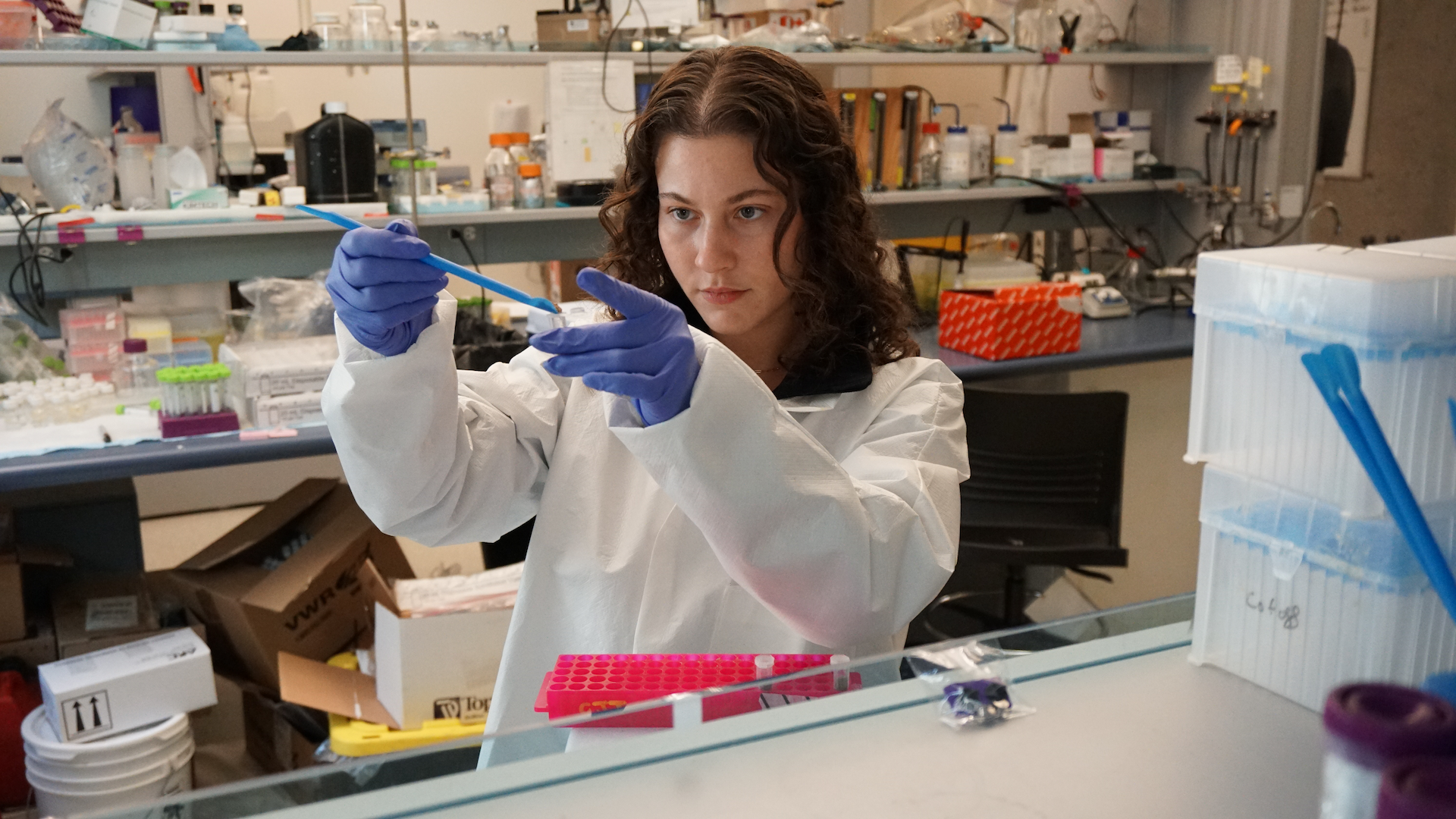department of earth ocean and atmospheric sciences
-
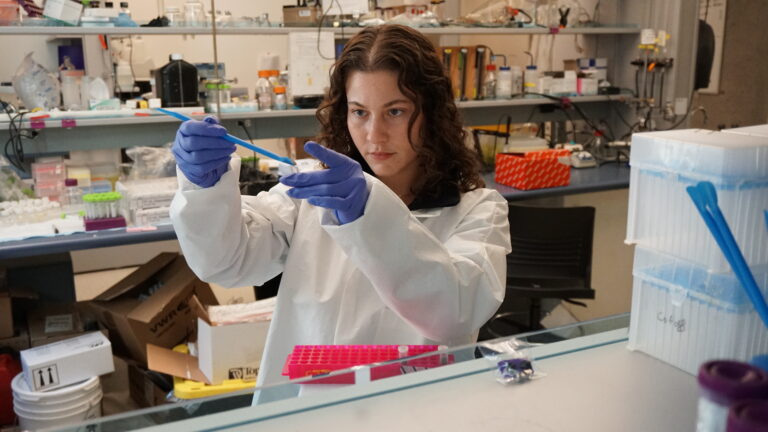
Biological fingerprints in soil show where diamond-containing ore is buried
DNA sequencing technique can also help source minerals that are key to the green-energy transition.
-
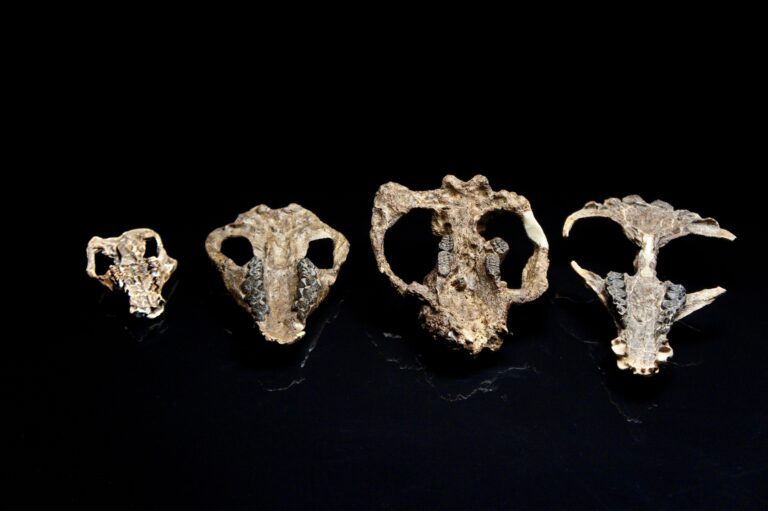
You’re reading this because an asteroid killed the dinosaurs, allowing mammals to dominate the Earth. But why?
But just how did we evolve from rat-like creatures running between the feet of dinosaurs to take over their ecological niches? Dr. Kendra Chritz, assistant professor in the UBC department of earth, ocean and atmospheric sciences, aims to find out.
-

B.C. set for a warm summer, but 2021 heat wave unlikely
Dr. Rachel White, an assistant professor in the department of earth, ocean and atmospheric sciences, discusses the forecast for the summer, the difficulty of predicting extreme weather events, and how climate change is affecting our seasons.
-

Why does the date of Lunar New Year change?
This lunar new year falls on Jan. 22, making it one of the earliest in recent history. So why does the date of the lunar new year change?
-

How students are preparing for a climate-changed future
Feeling like the world has gone to pot in the run up to COP27? Why not take a climate class?
-

This scientist is taking an international jellyfish tour to explore mucus and medusae
From some of the largest jellyfish in the world in Japan to the tiny venomous Irukandji in Australia, UBC doctoral student Jessica Schaub is about to set off on an international tour of jellyfish.
-
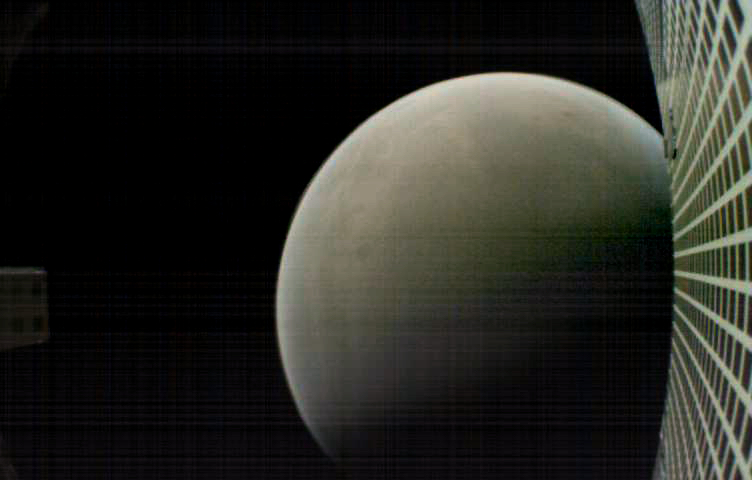
The lonely fate of a robot on Mars
Covered in the red dust that sealed its fate, the NASA InSight lander is slowly shutting down, more than 250 million kilometres from home.
-

UBC researchers partner with Canadian e-commerce giant to remove CO2 from the air
UBC spin-off company Carbin Minerals is set to remove 200 tonnes of carbon dioxide from the air in partnership with e-commerce platform Shopify.
